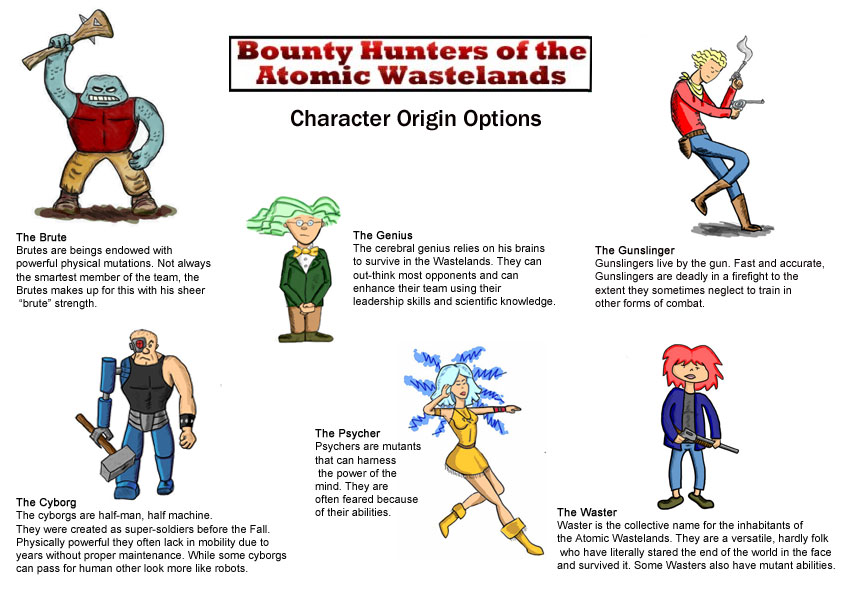- Joined
- May 15, 2017
- Messages
- 7,583
- Reaction score
- 19,511
We’ve been talking a bit about classes and archetypes in my local group. There are some in my group who really like them and have said they straight up like the Skinner box feel if it (their words). And it got me to thinking how much I hate the Skinner Box feel of it. It makes me rebel almost instantly.
I’m honestly less concerned if you like it or hate it, but curious if you’ve ever thought about why you dislike or like classes/archetypes.
I’m honestly less concerned if you like it or hate it, but curious if you’ve ever thought about why you dislike or like classes/archetypes.



 .
. !
! ?
? !
!

 !
! ?
?